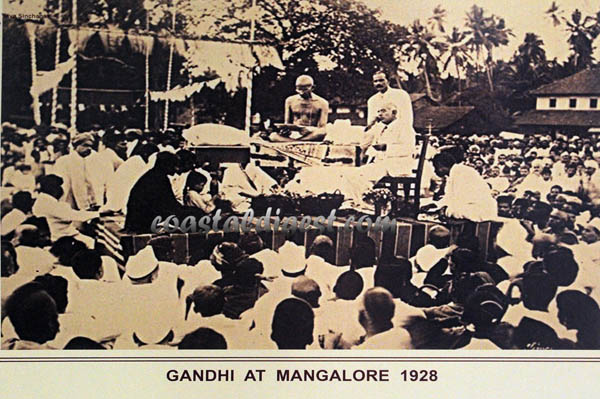![]()

Mangalore, August 14: Parents have an important role in guiding the youth the right way. If they forget their duty, the youth are diverted into doing things which are not acceptable in our society, said Manipal Institute of Communication Honorary Director M.V. Kamath.
He was addressing the gathering at the inauguration function of 'Yodha-Yashodha; Gata-Hita Nenapagalu' organised by Karavali Yuva Sinchana on August 14 at Government Pre-University College for Women at Balmatta, Mangalore.
Mr. Kamath said that youngsters should understand the values of family and society and culture. They are the next generation who should build the country and take it to its height. “A social revolution is taking place. And we should abide and stand by our values”, he said.
'I support Manjula'
Speaking on the interim report on the homestay attack, he said that he supported State Women's Commission Chairperson C. Manjula's stand on the matter. “What she said was the truth. What were the youngsters doing at the homestay for five hours? Hindu Jagarana Vedike did the duty what parents had to do,” he said.
Parents are responsible for this. The media was irresponsible in reporting the incident. They did not check the facts properly. When the State Mahila Congress committee says that women can drink, they are actually insulting Gandhiji by making such a statement, he said.
Renowned folk scholar Dr. Amrutha Someshwara said that the younger generation lacked proper guidance and thinking. They are standing on crossroads today, uncertain which way to go further. They are not aware of the role they have to play for the betterment of society. Amassing wealth or industrial growth alone never means that the country has progressed. The youth should realize that knowledge is the real wealth, he said.
Freedom of intellectual thought is necessary in a civilized society. As the builders of tomorrow, youngsters should understand the value of freedom and remember the hardships of great people who helped us gain freedom, he added.
Additional Deputy Commissioner Dayanand, Mangalore Airport Authority Director M.R. Vasudeva, Government Pre-University College Principal Thara Rao, Nehru Yuva Kendra District Coordinator C.J.F. D'Souza were also present at the function.
A photography and documentary exhibition by Karavali Yuva Sinchana was also held as a part of the programme.



>

















Comments
Add new comment